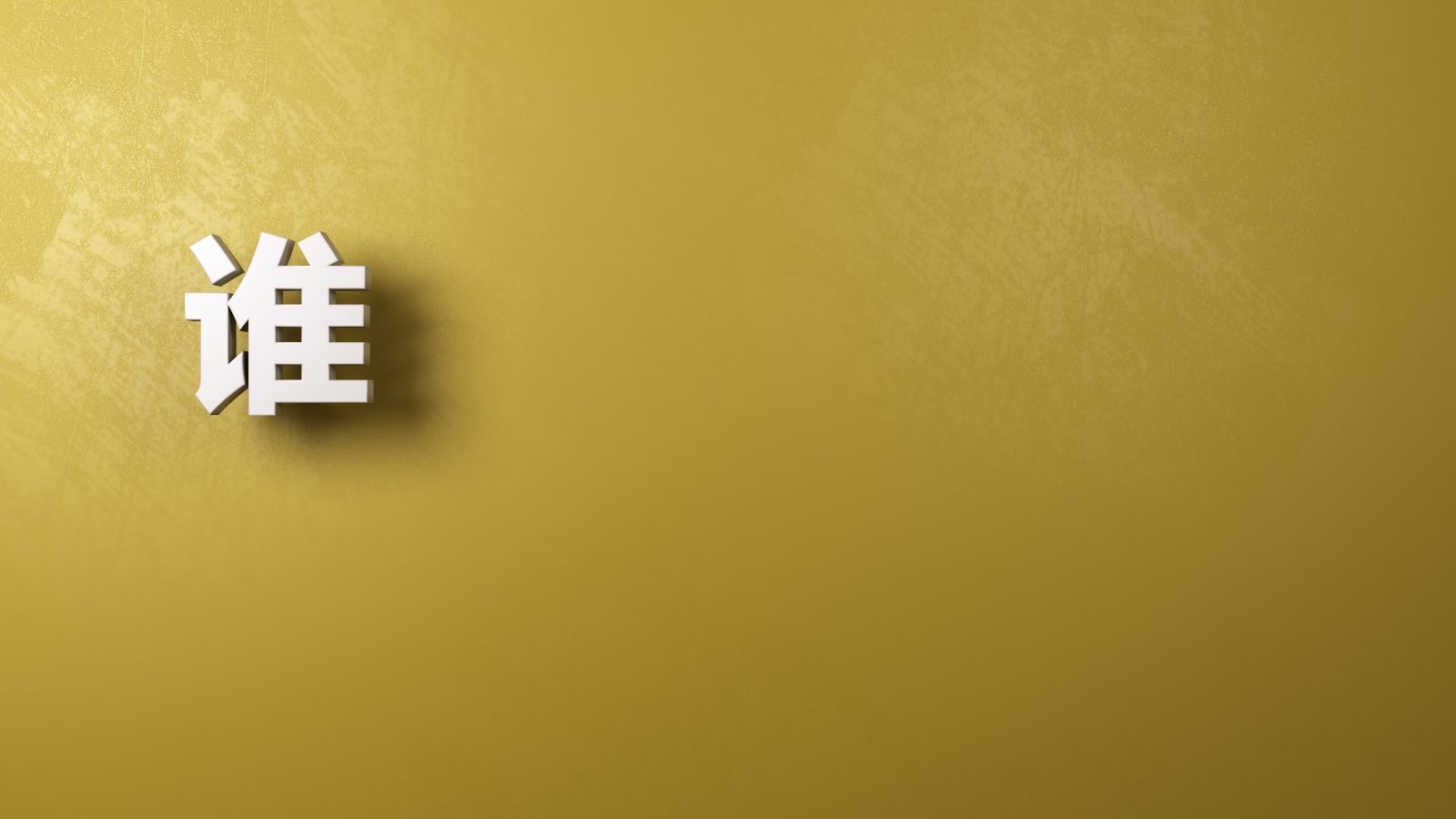
Michael Behe on the Design Idea That Won’t Go Away (and Shouldn’t)
On this episode of ID the Future, Jonathan Witt caught up with Darwin’s Black Box author and biochemist Michael Behe at the 2020 Dallas Science and Faith conference, where the two discuss an idea that many wish would just go away, but hasn’t. Charles Darwin himself told us how his evolutionary theory could be overturned: identify a biological system that couldn’t possibly have evolved by “numerous success successive slight modifications.” It’s to Darwin’s credit that he put his theory in “empirical harm’s way,” to quote philosopher Del Ratzsch, but as Witt and Behe note, Darwin also cleverly placed the burden of proof on his opponents, an arguably dubious maneuver given that his proposed evolutionary mechanism has never once been observed to generate a fundamentally new biological form or molecular machine. Still, Behe has taken up the challenge. Listen in as he discusses how his “irreducible complexity” arguments against Darwinism have fared, and for a teaser about an upcoming anthology where Behe directly engages his critics.
